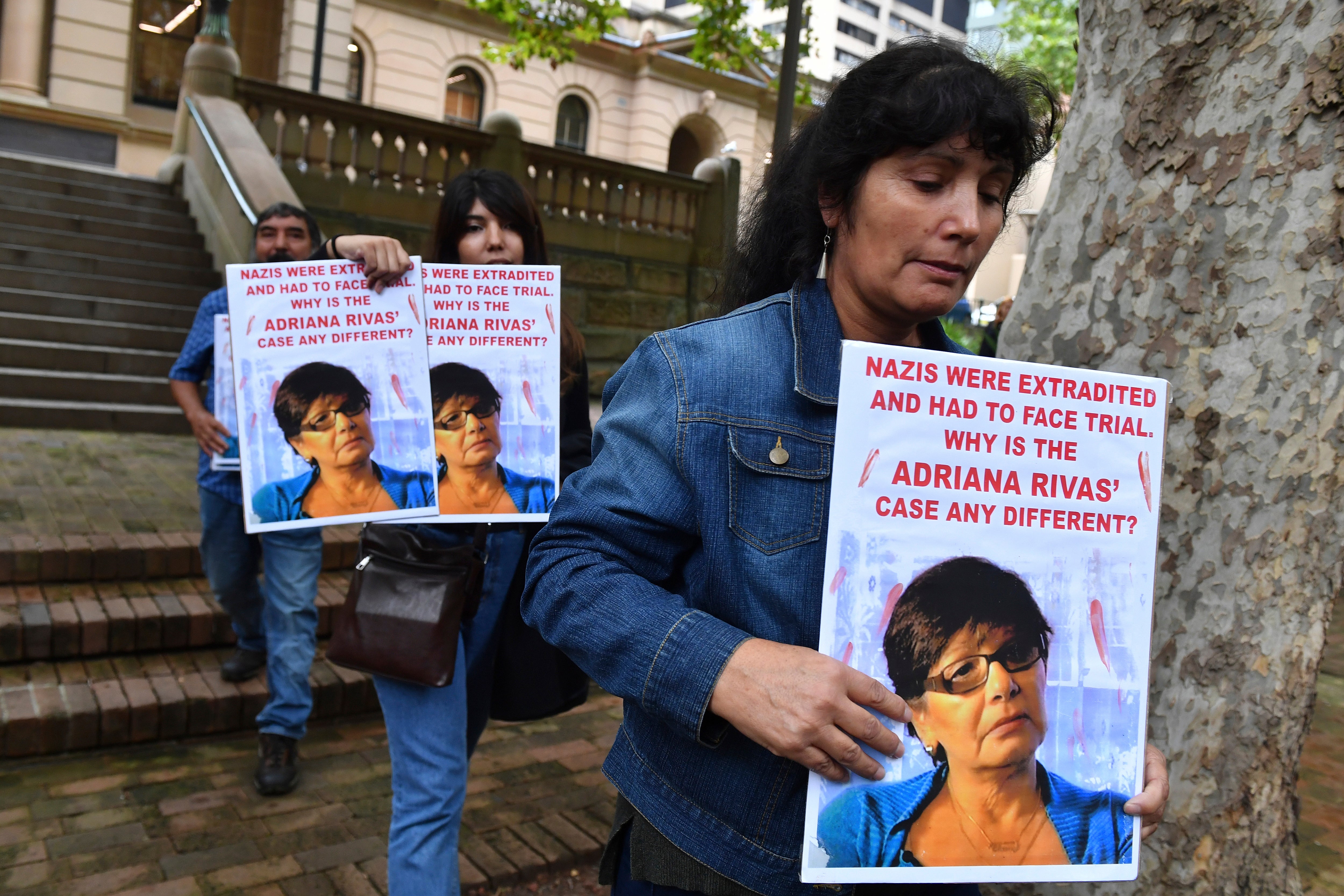Australian judge says woman can be extradited to Chile
An Australian judge has dismissed a woman’s appeal against extradition to Chile where she is wanted on kidnapping charges dating to Augusto Pinochet’s military dictatorship in the 1970s

An Australian judge on Thursday dismissed a woman’s appeal against extradition to Chile, where she is wanted on kidnapping charges dating to Augusto Pinochet’s military dictatorship in the 1970s.
Adriana Rivas had appealed against a Sydney magistrate’s decision in October that she could be extradited on allegations that she kidnapped seven people in 1976 and 1977, including Communist Party leader Victor Diaz.
She was an assistant to Manuel Contreras, the head of the DINA secret police during Pinochet’s dictatorship. Rivas, 68, denies ever meeting the alleged victims, who have never been found.
Federal Court Justice Wendy Abraham in Sydney ruled that Rivas could be extradited on the seven charges of aggravated kidnap. She can appeal the judgment before a full bench of the Federal Court.
Her lawyers argued Rivas was not a DINA agent and her work was mundane. Her tasks included collecting laundry, making coffee and translating, they said.
Rivas moved to Australia in 1978 and was detained in Chile during a visit to see family in 2006. She was released after some months on probation and fled to Australia in 2009.
She lived quietly in Sydney’s wealthy eastern suburbs, working as a part-time nanny and cleaner until her arrest in February 2019 on a Chilean Supreme Court extradition order.
Several court attempts for provisional release during the extradition hearing have failed. Australia and Chile have had an extradition treaty since 1993.
In 2014, Rivas told Australia’s Special Broadcasting Service that she was innocent of the charges, but defended the use of torture in Chile at the time as necessary.
“They had to break the people — it has happened all over the world, not only in Chile,” she said.
Bookmark popover
Removed from bookmarks